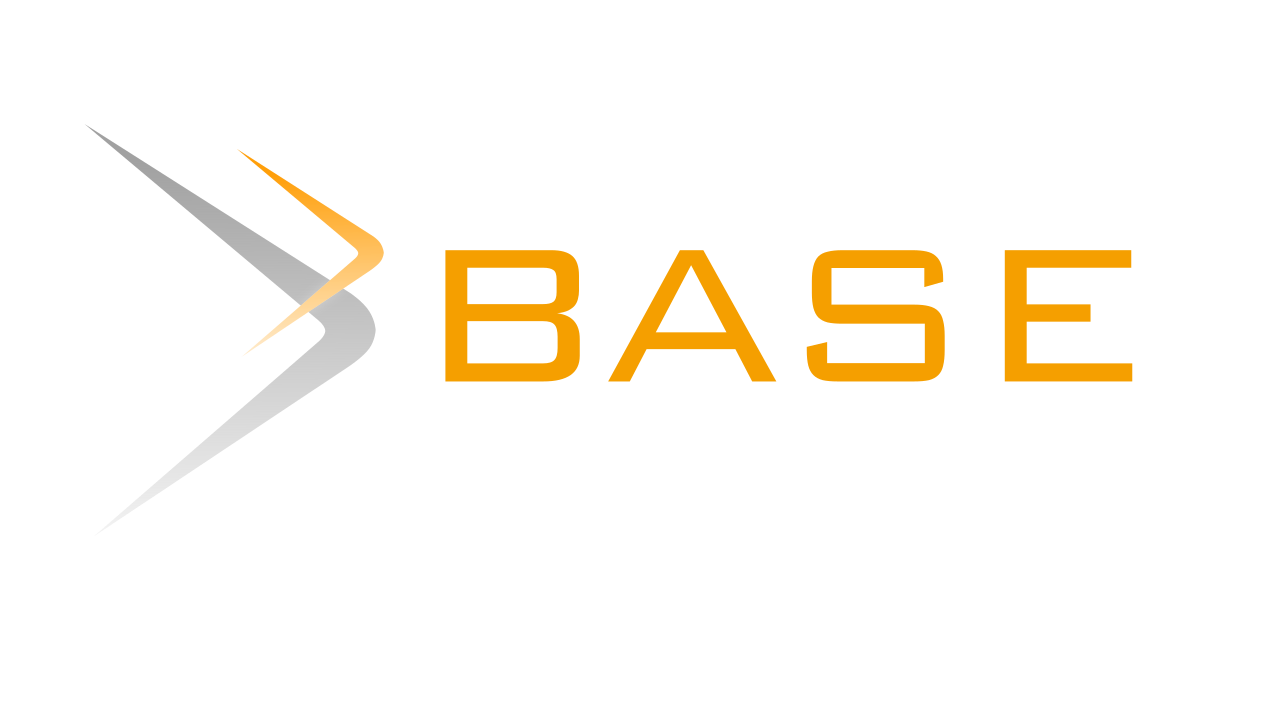Determining Factors for Success Use of e-Learning in Learning Process in College
DOI:
https://doi.org/10.32486/aksi.v6i1.4Keywords:
e-learning, collage, learningAbstract
This research was conducted to determine the use of e-Learning that was conducted by students in College. The main purpose of this research was to find out the factors that make up e-learning successfully used in teaching learning in College. The variables in this study were e-Learning Quality, Information Quality, Use of e-Learning, User Satisfaction and Success of e-Learning. The respondents in this study were active students who used e-learning in their teaching and learning process. The number of respondents in this study were 206 respondents. The respondents in this study were students who use e-learning in teaching and learning processes in College around Pekalongan residency. The data processing in this study used the SmartPLS 3.0 tool. The results of this study showed that the quality of e-learning affects user’s satisfaction and use of e-learning. Furthermore, the quality of information generated from e-Learning only affected user’s satisfaction but it did not affect the use of e-learning. The successful use of e-learning was effect by user’s satisfaction and use of e-learning.
References
Czerniewicz, L., and Brown, C. 2009. A study of the relationship between institutional policy, organisational culture and e-learning use in four south African universities. Computers and Education, 53(1), 121–131.
Aparicio, M., Bacao, F., and Oliveira, T. 2017. Grit in the path to e-learning success. Computers in Human Behavior, 66, 388–399.
Cidral, W. A., Oliveira, T., Di Felice, M., & Aparicio, M. 2018. E-learning success determinants: Brazilian empirical study. Computers and Education, 122, 273–290.
Clayton, K. E., Blumberg, F. C., and Anthony, J. A. 2018. Linkages between course status, perceived course value, and students’ preference for traditional versus non-traditional learning environments. Computers and Education, 125, 175–181.
Kurt, Özlem, Efiloğlu. 2018. Examining an e-learning system through the lens of the information systems success model: Empirical evidence from Italy. Education and Information Technologies.
Bhuasiri, W., Xaymoungkhoun, O., Zo, H., Rho, J. J., and Ciganek, A. P. 2012. Critical success factors for elearning in developing countries: A comparative analysis between ICT experts and faculty. Computers and Education, 58(2), 843–855.
DeLone, W. H., and Mclean, E. R. 2004. Measuring e-commerce success: Applying the DeLone and McLean information systems success model. International Journal of Electronic Commerce, 9(1), 31–47.
Guimaraes, T., Armstrong, C. P., and Jones, B. M. 2009. A new approach to measuring information systems quality. The Quality Management Journal, 16(1), 42–51.
Elvandari, D. S. 2011. Adaptasi Model Delone Dan Mclean Yang Dimodifikasi Guna Menguji Keberhasilan Implementasi Aplikasi Operasional Bank Bagi Individu Pengguna: Studi Empiris Pada Bank Umum Di Kota Semarang. Universitas Diponegoro.
Saputro, S. B. (2017). Analisis Kesuksesan Penerapan E-Filing Pajak Menggunakan Model Kesuksesan Sistem Informasi Delone & Mclean Diperbarui. Universitas Gadjah Mada.
Wang,W.-T., and Wang, C.-C. 2009. An empirical study of instructor adoption of web-based learning systems. Computers and Education, 53(3), 761–774.
Rossin, D., Ro, Y. K., Klein, B. D., and Guo, Y. M. 2009. The effects of flow on learning outcomes in an online information management course. Journal of Information Systems Education, 20(1), 87.
Freeze, R. D., Alshare, K. A., Lane, P. L., and Wen, H. J. 2010. IS success model in e-learning context based on students' perceptions. Journal of Information Systems Education, 21(2), 173.
Rukmiyati, N. M. S., dan Budiartha, I. K. 2016. Pengaruh Kualitas Sistem Informasi, Kualitas Informasi Dan Perceived Usefulness Pada Kepuasan Pengguna Akhir Software Akuntansi (Studi Empiris Pada Hotel Berbintang Di Provinsi Bali). E-Jurnal Ekonomi Dan Bisnis Universitas Udayana 5.1, 1, 115–142.
Swaid, S. I., and Wigand, R. T. 2009. Measuring the quality of e-service: Scale development and initial validation. Journal of Electronic Commerce Research, 10(1), 13.
Widodo, A., Putranti, H. R. D., dan Nurchayati. 2016. Pengaruh Kualitas Sistem Aplikasi dan Kualitas Informasi Terhadap Kepuasan Pengguna Sistem Aplikasi RTS (Rail Ticketing System). Jurmal Media Ekonomi Dan Manajemen, 31(2), 160–181.
Sugiyono. (2012). Metode Penelitian Kuantitatif Kualitatif dan R&D. Alfabeta. Bandung.
Indriantoro, Nur dan Bambang Supomo. (2014). Metodologi Penelitian Bisnis. Edisi Pertama. BPFE. Yogyakarta.
Downloads
Published
How to Cite
Issue
Section
License

This work is licensed under a Creative Commons Attribution-ShareAlike 4.0 International License.













